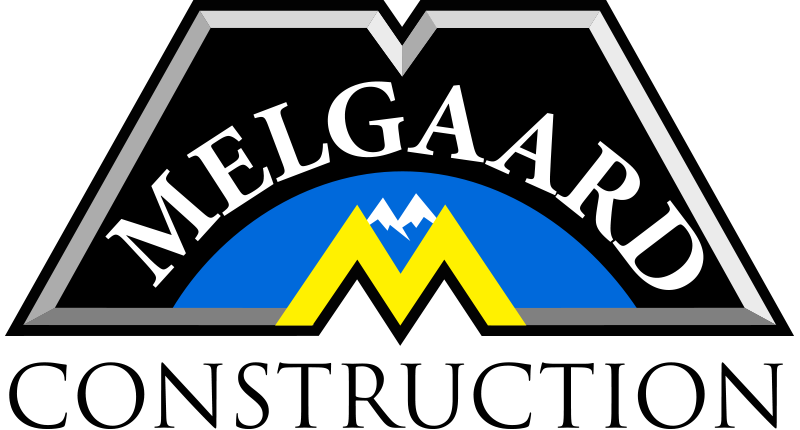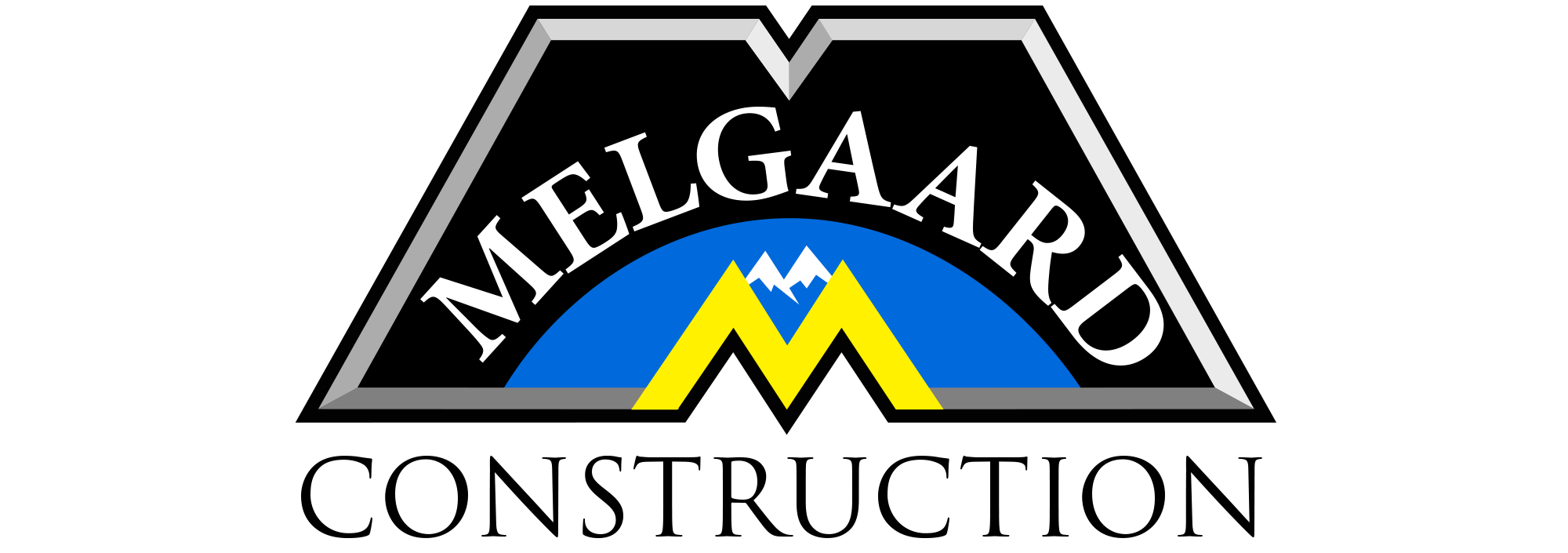Our Connection With Alluvial Gravel Production
Alluvial gravel is one of the three significant aggregates in our region. In the region we serve – Wyoming, North Dakota, Montana, and Colorado – gravel is mostly sourced from alluvial deposits. At Melgaard Construction, we operate our own alluvial gravel mines to ensure a steady supply of gravel for all our local production projects. We also offer excess gravel for sale to the construction industry at large in any specified grade.
What is Alluvial Gravel?
Alluvial gravel is a generic term that describes any small, rounded stones deposited by flowing water – whether rivers, streams, or ancient glaciers. Although it can have a diverse mineral composition, quartz and granite are common, making these stones harder and more durable than most other forms of aggregate.
Uses of Alluvial Gravel
Melgaard Construction uses gravel for a number of different applications, including:
Road Construction
Gravel is commonly used as a road base. A section of aggregate, at a pre-determined depth, is commonly spread over the subgrade (compacted soil) to protect it from the excessive direct force. Gravel also makes up most of the next layer of bituminous binder, where it is mixed with asphalt. Pure gravel roads, where the aggregate is used for surfacing is also typical, particularly in rural regions and to create temporary and permanent access roads for the oil and gas industry, wind farms, and ranching.
New Construction
The concrete slab that forms the foundation of nearly every major construction project cannot be laid directly on the soil, due to the weakness and shifting nature of the uncompacted material. Instead, a layer of aggregate – commonly gravel – is used as under-slab fill to stabilize the base of a project.
Oil & Gas Pipeline
Pipelines need frequent maintenance, and access roads are usually created during the construction process. These roads are often made of gravel, which provides more traction and stability than dirt, and are cost effective.
Concrete Production
Aggregate is an essential component of concrete. Where gravel is readily available, it is often used to lessen the cost of production and eliminate the need to import other forms of rock.
Erosion Control
Construction projects along hilly regions, active/intermittent streams, or large ephemeral drainages, can cause rapid erosion unless steps are taken to prevent it. Some of the methods used to control erosion include rip rap, diversion ditches, and interceptor dikes, both of which may be lined or filled with gravel.
The Benefits of Local Gravel Supplies
The low cost of gravel is a great boon to budget-conscious construction projects; however, it also makes long-distance transportation impractical, since the cost of transportation would far exceed the value of the product. This is one reason why Melgaard Construction maintains gravel pits across the tristate region to provide for our construction needs. We also make excess gravel available to the construction industry at-large, filling an urgent need in urban areas for locally-sourced alluvial stone.
Contact Us Today
If your project requires alluvial gravel or if you’re looking for a construction company who has a reputation for excellence paired with an economical source of raw materials, give Melgaard Construction a call for more information at (307)228-7458.




